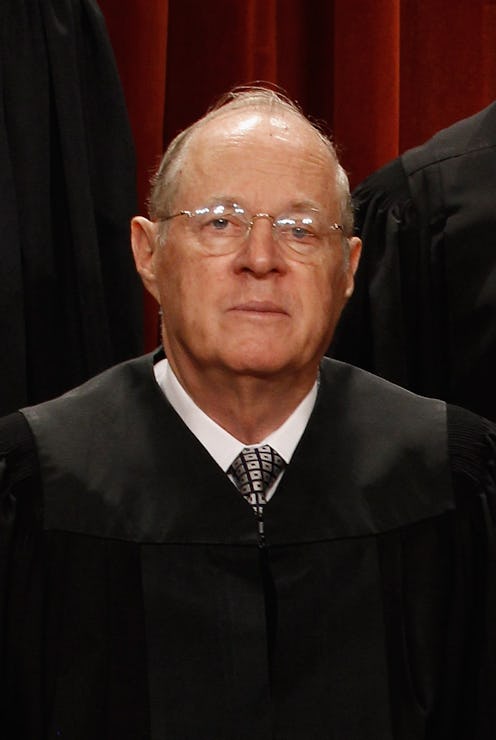News
The Scary SCOTUS Rulings No One Is Talking About
There were a lot of opinions circulating on social media about the Supreme Court's decision to punt the affirmative action case it ruled on Monday, Fisher v. University of Texas at Austin. Less discussed has been its rulings on workplace discrimination and retaliation in Vance v. Ball State University and University of Texas Southwestern Medical Center v. Nassar.
Here's why we should start talking about them: the SCOTUS ruling in the Vance case makes it a lot easier for workplace supervisors to racially and sexually harass their employees by defining the term "supervisor" in a very narrow way.
Only if a superior has the power to affect “significant change in [your] employment status, such as hiring, firing, failing to promote, reassignment with significantly different responsibilities, or a decision causing a significant change in benefits" is he or she considered your supervisor. And only when a supervisor defined as such harasses an employee can the employee's company be held legally responsible.
Plus, thanks to the SCOTUS ruling in Nassar, it's much harder to retaliate in cases of discrimination, thanks to the five conservative judges nixing what are known as mixed-motive retaliations claims. This means employees are now faced with the near-impossible task of proving the only factor on their boss’ mind when they decided to take action against the worker was discrimination.
Here's a roundup of reports explaining why these distinctions are so damaging:
- For a good summary of the cases and the rulings, check out this Washington Post piece. (And for a summary of all six of today's verdicts, go here.)
- ThinkProgress writes, "To be clear, a victim of harassment may still sue their employer if the company was 'negligent in permitting harassment to occur,' but this safeguard will mean little to workers who are so intimidated by their not-a-supervisor-according-to-Justice-Alito that they are afraid of what will happen if they report harassment to more senior management. Moreover, as Ginsburg writes in dissent, 'anyone with work experience would immediately grasp' that a person does not have to be able to fire someone in order to exert significant control over them, to use this power to create a hostile work environment or even to demand that the worker be sexually available to them. Justice Samuel Alito, and the four conservatives who joined his majority opinion, apparently did not grasp this fact."
- Over on The Atlantic: "What does the ruling in Nassar mean? It means that federal anti-discrimination law suffered a double-blow at the Supreme Court today. Plaintiffs not only are limited in which 'supervisors' they can point to, but also in the ways in which they can prove that they have been damaged by discrimination."
- Here's what Dan Ortiz, who argued on behalf of Vance in November had to say: "We don't think the formalist rule the court adopted is responsive to the realities of the modern workplace, where the people who have the power to take the tangible employment actions the court believes are necessary to make someone else an employee's 'boss,' like the power to hire, fire, promote or set someone's salary, are often in distant human resources departments and have no power over other employees' day-to-day work activities. Those who have such day-to-day control are the people who have the most opportunity and power to harass."
Couldn't have said it better, Professor Ortiz. What an unfortunate day for workers' rights.
